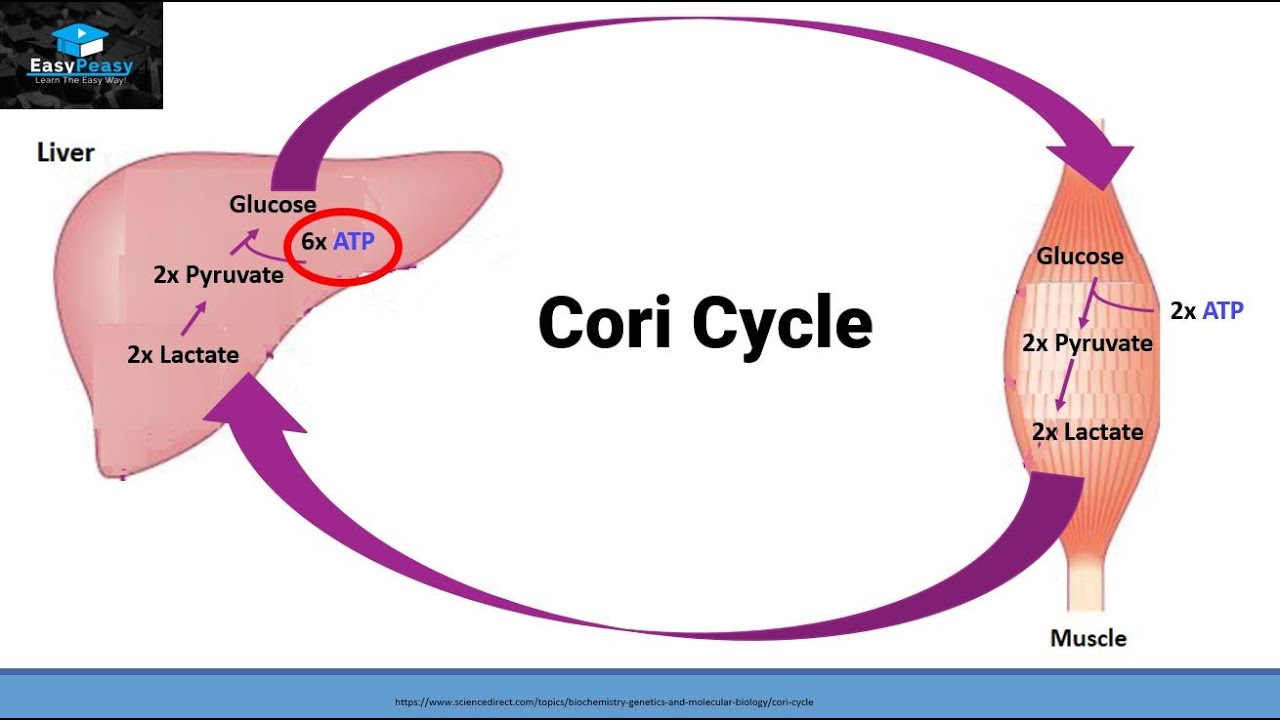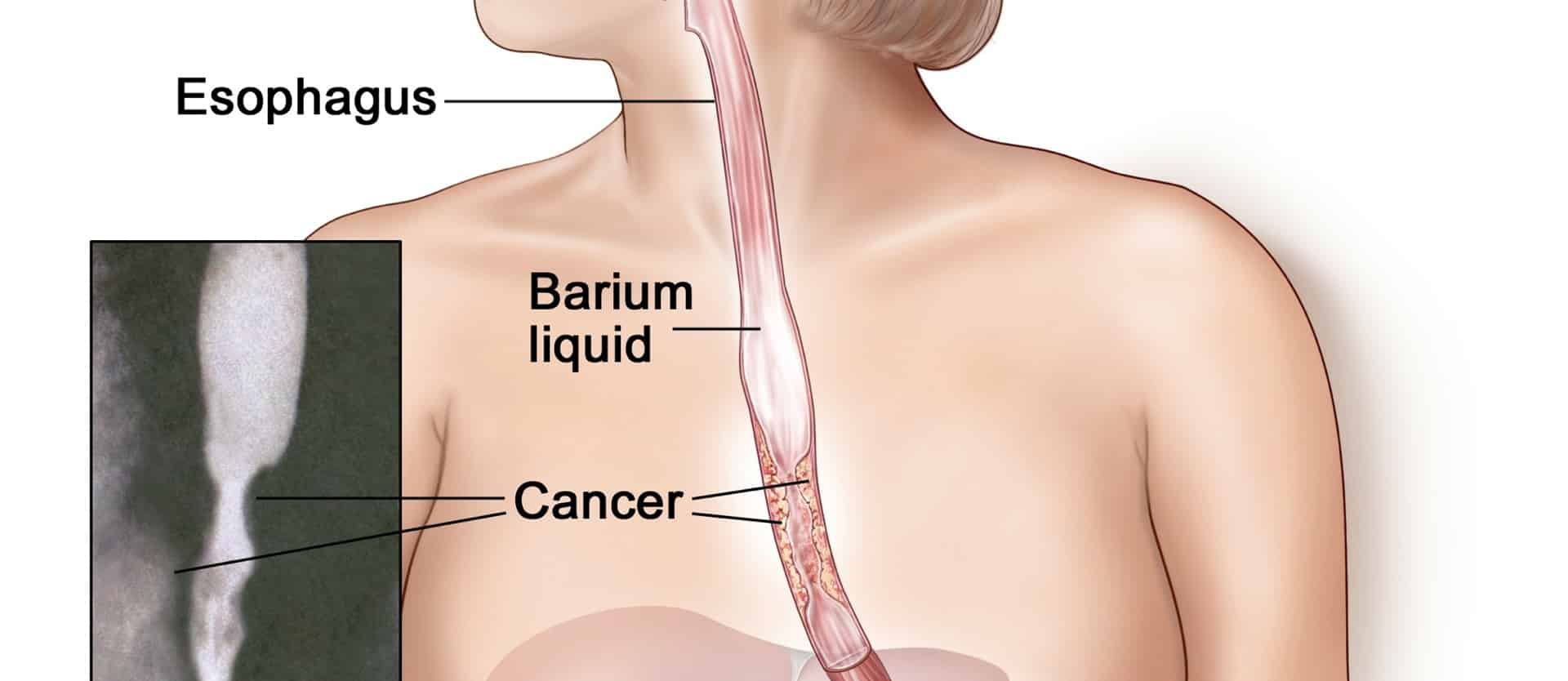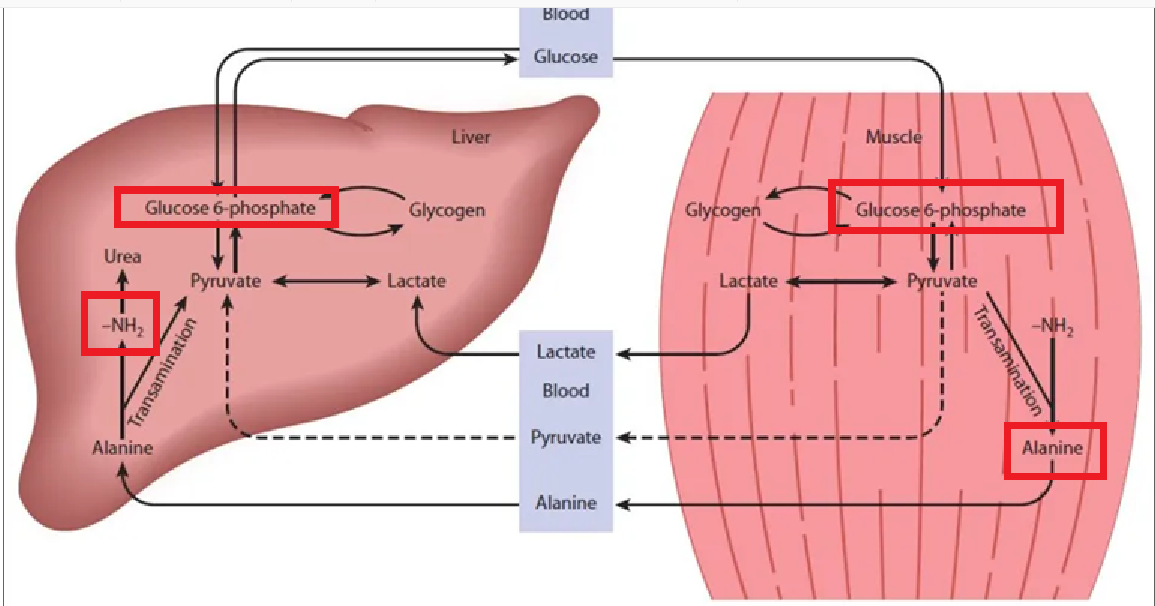Part 25: Nutritional Assessment Intro
1/14
There's no tags or description
Looks like no tags are added yet.
Name | Mastery | Learn | Test | Matching | Spaced |
|---|
No study sessions yet.
15 Terms
What is the most challenging aspect of patient care?
nutrition
term. Anorexia
def. loss of appetite resulting in weight loss
3 reasons why we tell patients not to lose weight
decreases physical strength
decreases respiratory rate
decreases resistance to infection
A patient may require an increase in the following (state why)
calories for tissue repair
Protein for tissue repair & wound healing
Carbohydrates to meet increased metabolic demands
T/F: It has not been disproved that a low fat diet can decrease the risk of breast cancer
True
Normal body fat
Normal body fat for men
Normal body fat for women
30%
25-30%
30-35%
term. Cachexia
def. a state of ill health, wasting away
Cachexia is characterized by
anorexia
anemia
dehydration
electrolyte loss
How does cancer biologically promote weight loss?
↓ nutrient intake (anorexia)
Changes metabolism
↑ BMR
Cori Cycle
Cancer robs normal tissues of vital nutrients (as well as the body’s ability to use nutrients).
Can cause mechanical interference with pt’s ability to eat
↓ protein synthesis
what is the cori cycle?
an energy wasteful process in which glucose is converted into lactose, then back to glucose in the liver/kidney

How can a tumor cause mechanical interference with the patient’s ability to eat?
esophageal cancer

How does cancer decrease protein synthesis?
The body cannot use insulin appropriately, instead the body uses skeletal muscles as a protein source = muscle wasting, protein loss and negative nitrogen

How does stress affect metabolism?
↑ stress = ↑ metabolism
Why should patients not gain weight?
it feeds the tumor
True or False: it is generally recommended to starve the tumor
false, while tumor growth is slowed, starving the tumor compromises patient health way to much